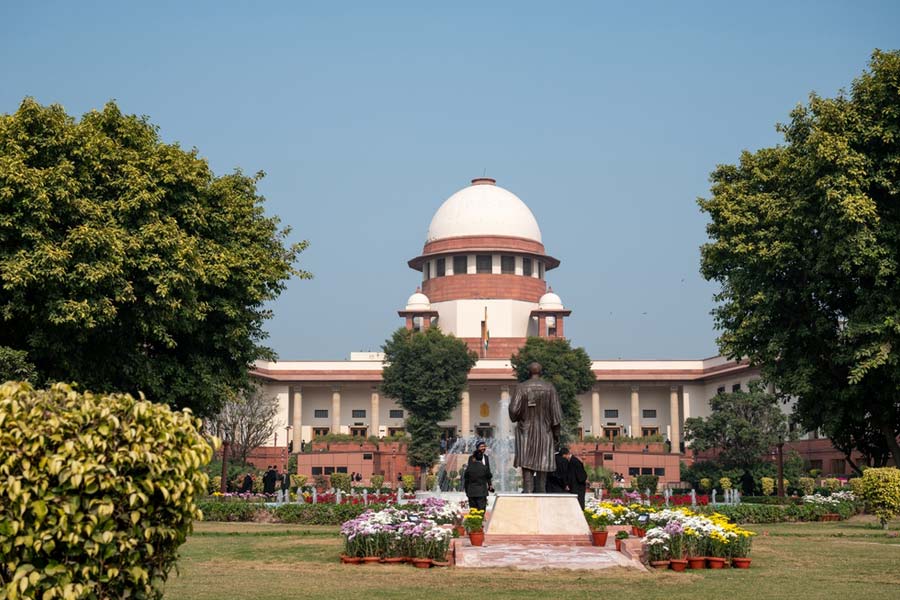The Supreme Court on Tuesday wondered whether it can haul up the President or governors for “contempt” if they fail to clear within a specific time bills sent to them by the legislature for assent.
The court felt that fixing a deadline would amount to amending the Constitution.
A five-judge constitution bench headed by Chief Justice B.R. Gavai made the oral observation while responding to arguments advanced by senior advocate Abhishek Manu Singhvi, who defended a two-judge ruling of the Supreme Court wherein a specific timeline had been fixed for governors and the President to approve or reject bills passed by the legislature.
“Can the court haul up the governor or President for contempt if the bills are not passed?” the bench asked.
Singhvi, while refraining from answering the query as to whether the governor or the President can be hauled up for “contempt”, said that in such cases where the timeline is not adhered to, the doctrine of “deemed clearance would apply”.
This means that if the necessary assent is not received from the governor or the
President, the bills are automatically considered to have been cleared.
The constitution bench was hearing for the sixth day a reference made by President Droupadi Murmu on the question whether the Supreme Court or the high courts have the power to fix timelines for governors and the President to clear bills passed by the legislature.










